Kandelia Alam
Restoring mangrove ecosystems for climate resilience and community empowerment, PT Kandelia Alam (KLIA) is dedicated to revitalizing coastal ecosystems in West Kalimantan, Indonesia. The project focuses on biodiversity protection, carbon sequestration, and sustainable livelihoods through community-led business models. Located in a tropical wet climate with high annual rainfall, the landscape features coastal mangroves, estuarine mudflats, and adjacent rainforests, creating a rich and dynamic environment. Through ecological restoration and sustainable development, KLIA strengthens climate resilience while empowering local communities to thrive.
Endangered Species (Fauna):
Vulnerable Species (Fauna):
- Macaca nemestrina
- Trachypithecus cristatus
- Cervus unicolor
- Lutrogale perspicillata
- Helarctos malayanus
- Buceros rhinoceros
- Brevitrygon heterura
- Chiloscyllium indicum
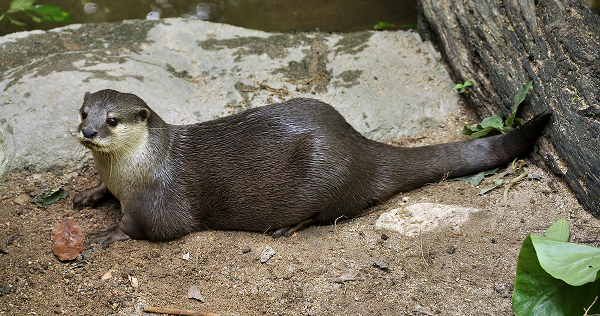
Community Impact
Community Impact
Livelihoods: Farmer, Fishing, aquaculture, non-timber products
We believe in the symbiotic relationship between ecological health and community well-being. By integrating sustainable practices, we aim to provide new avenues for livelihoods, equipping locals with the skills and resources to thrive harmoniously with their natural surroundings.
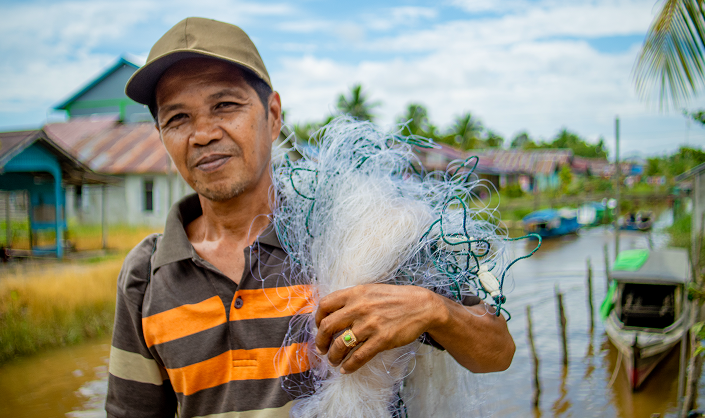
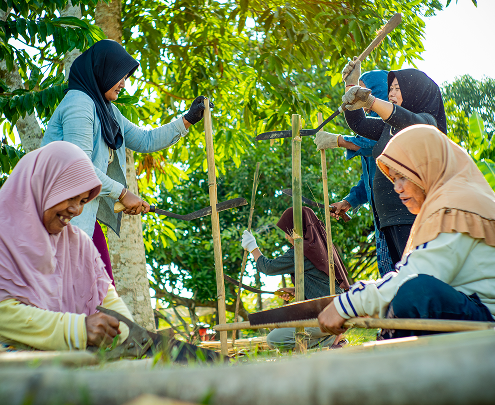
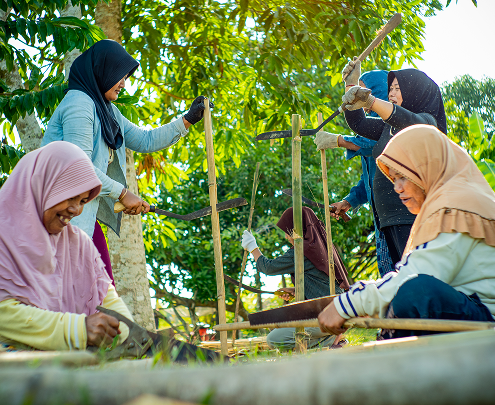
Community Programs:
Training, Workshops
Community Programs:
Training, Workshops
- Training on Environmentally Friendly Land Utilization and Management e.g.: organic farming and compost utilization.
- Literacy and financial management training.
- Product quality improvement and packaging training.
- Sustainable ecotourism development training.
- Craft and Skills Training for Women.
- Community-based Business Development.
- Land-based Conflict Resolution Training.
Community Programs:
Training, Workshops
- Training on Environmentally Friendly Land Utilization and Management e.g.: organic farming and compost utilization.
- Literacy and financial management training.
- Product quality improvement and packaging training.
- Sustainable ecotourism development training.
- Craft and Skills Training for Women.
- Community-based Business Development.
- Land-based Conflict Resolution Training.
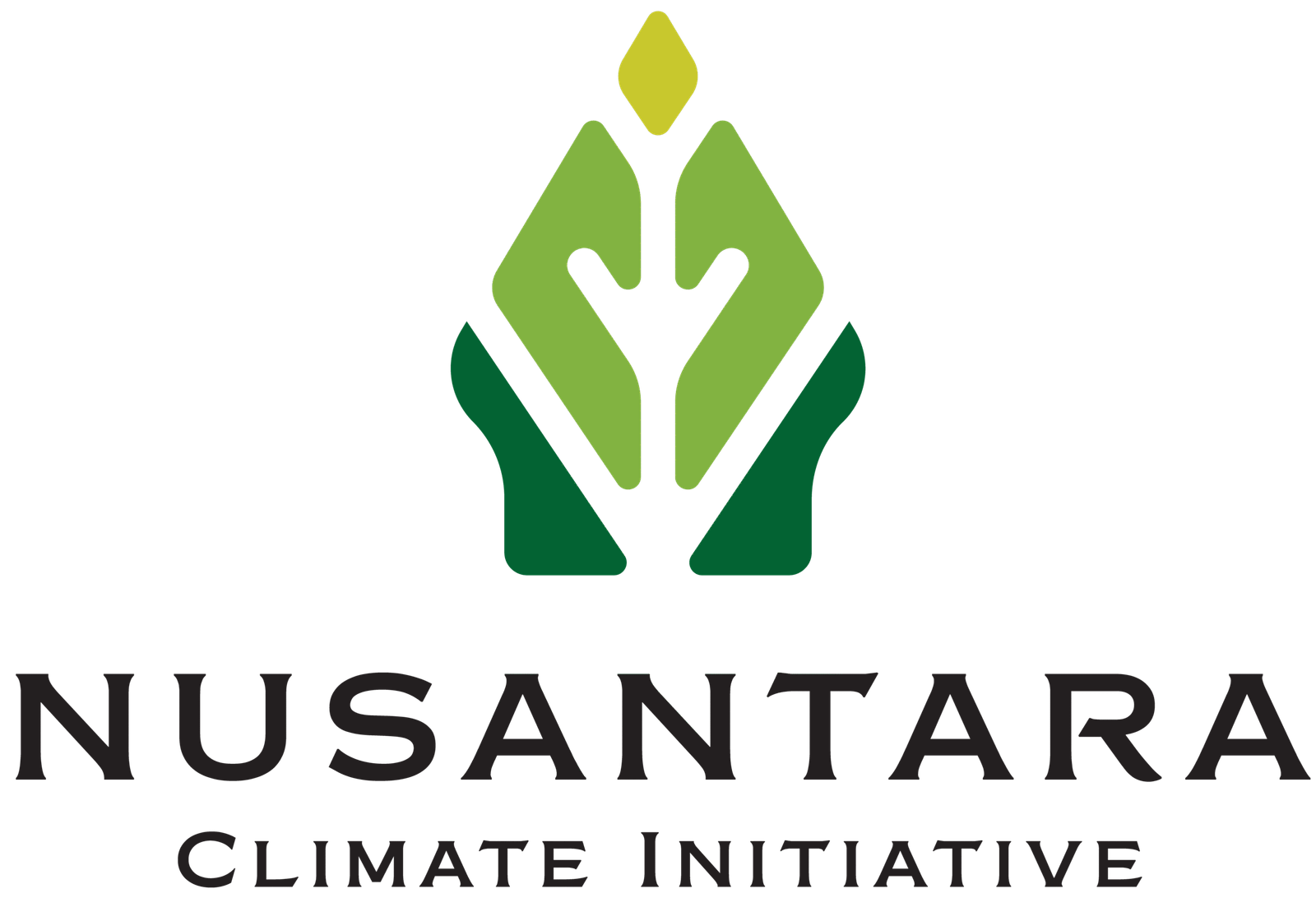

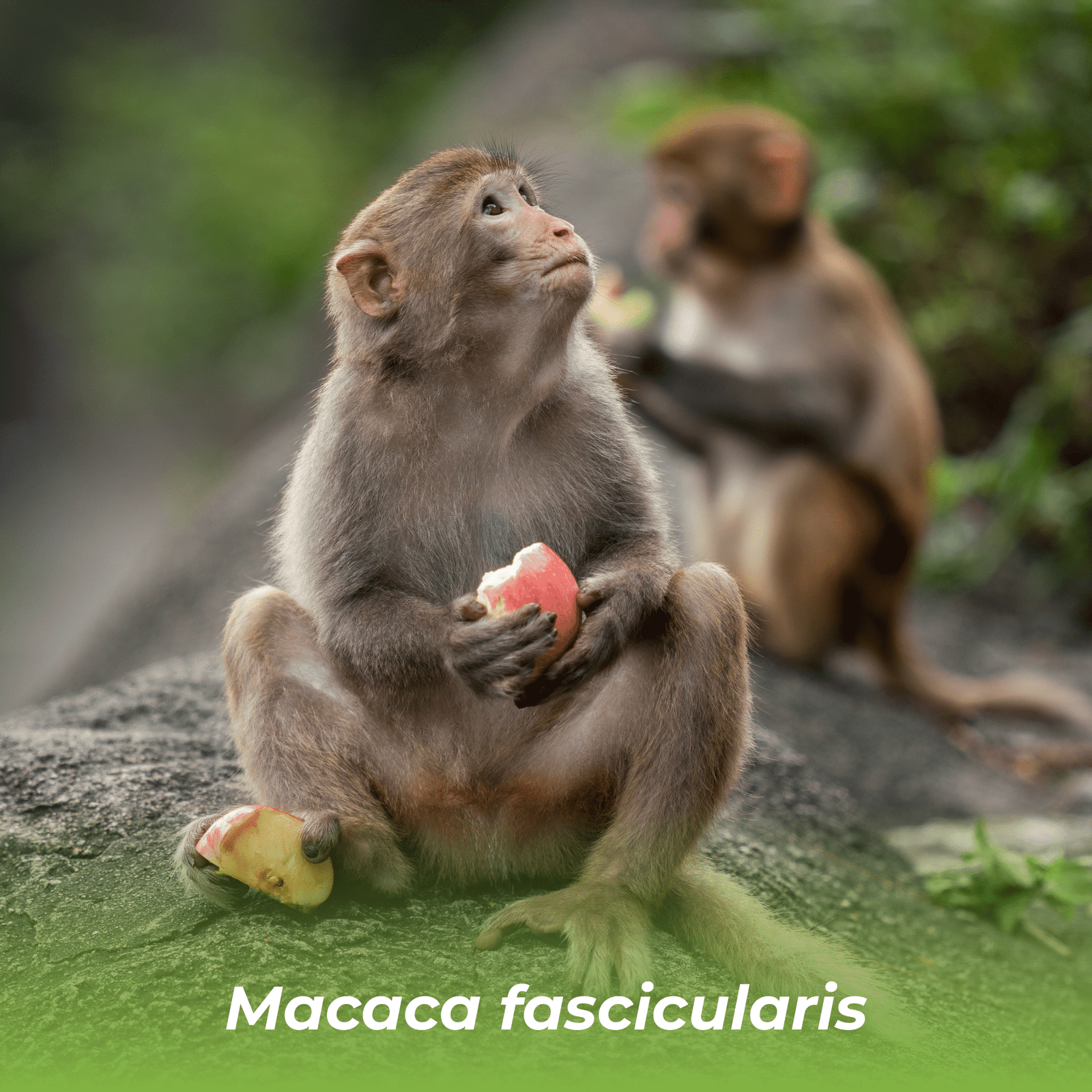
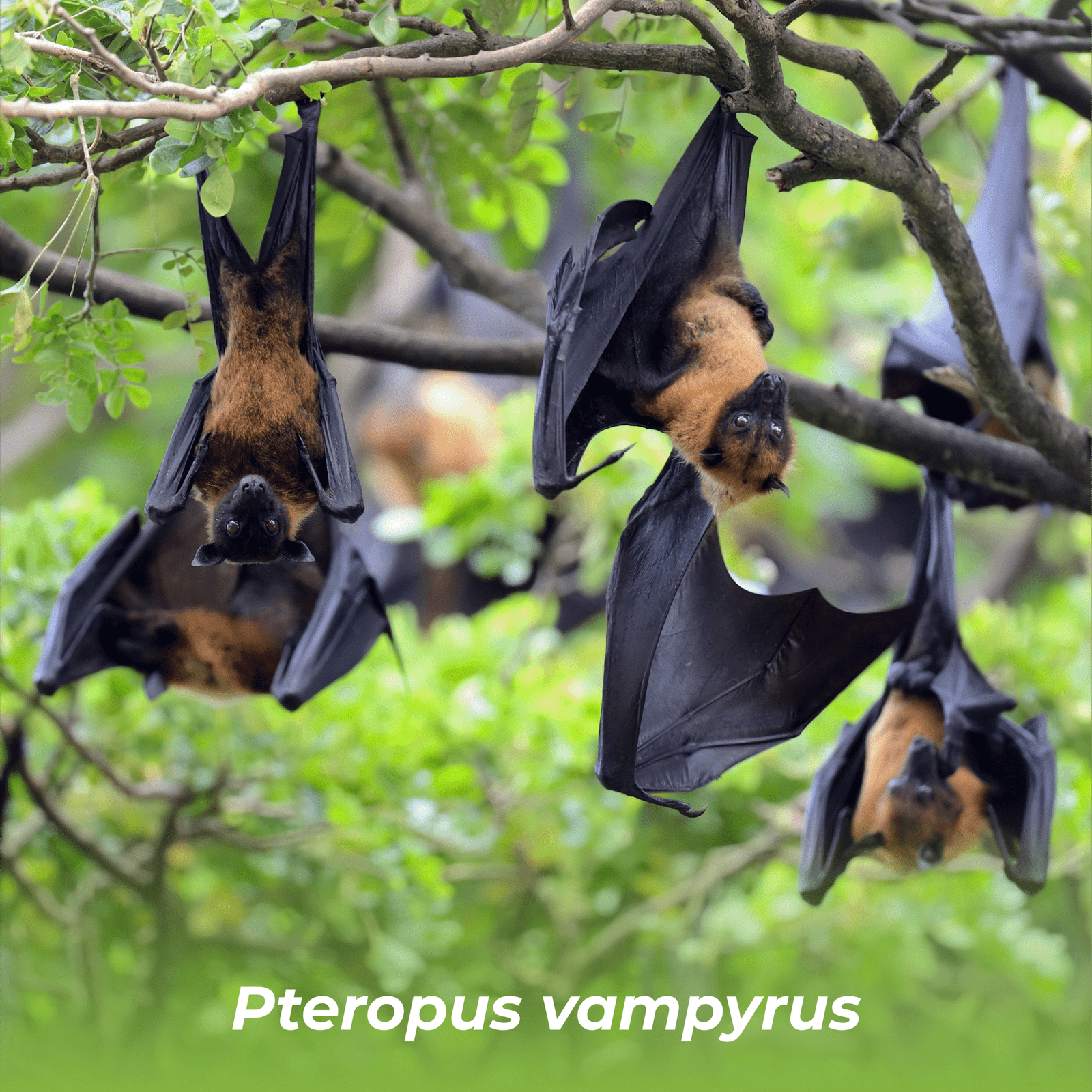
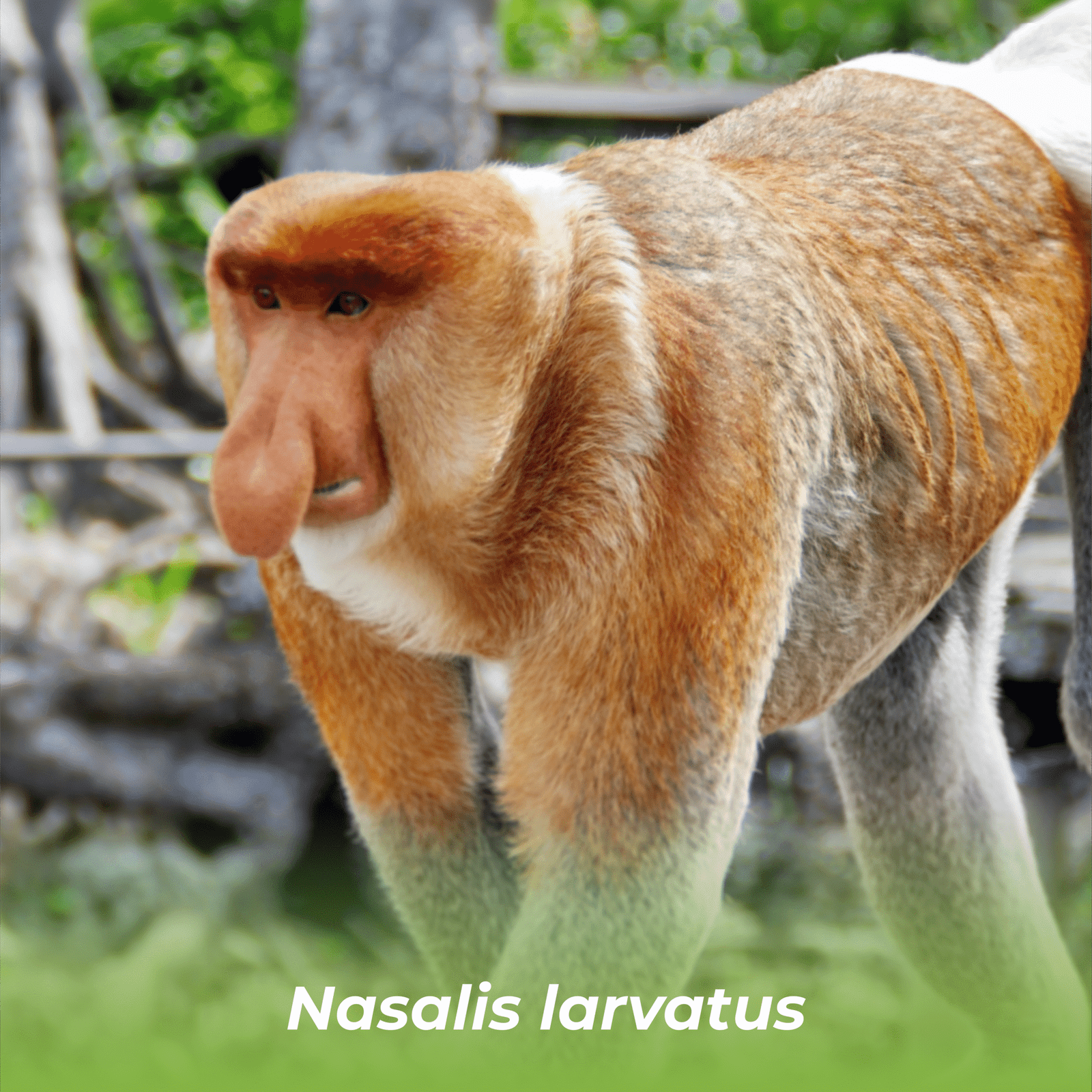
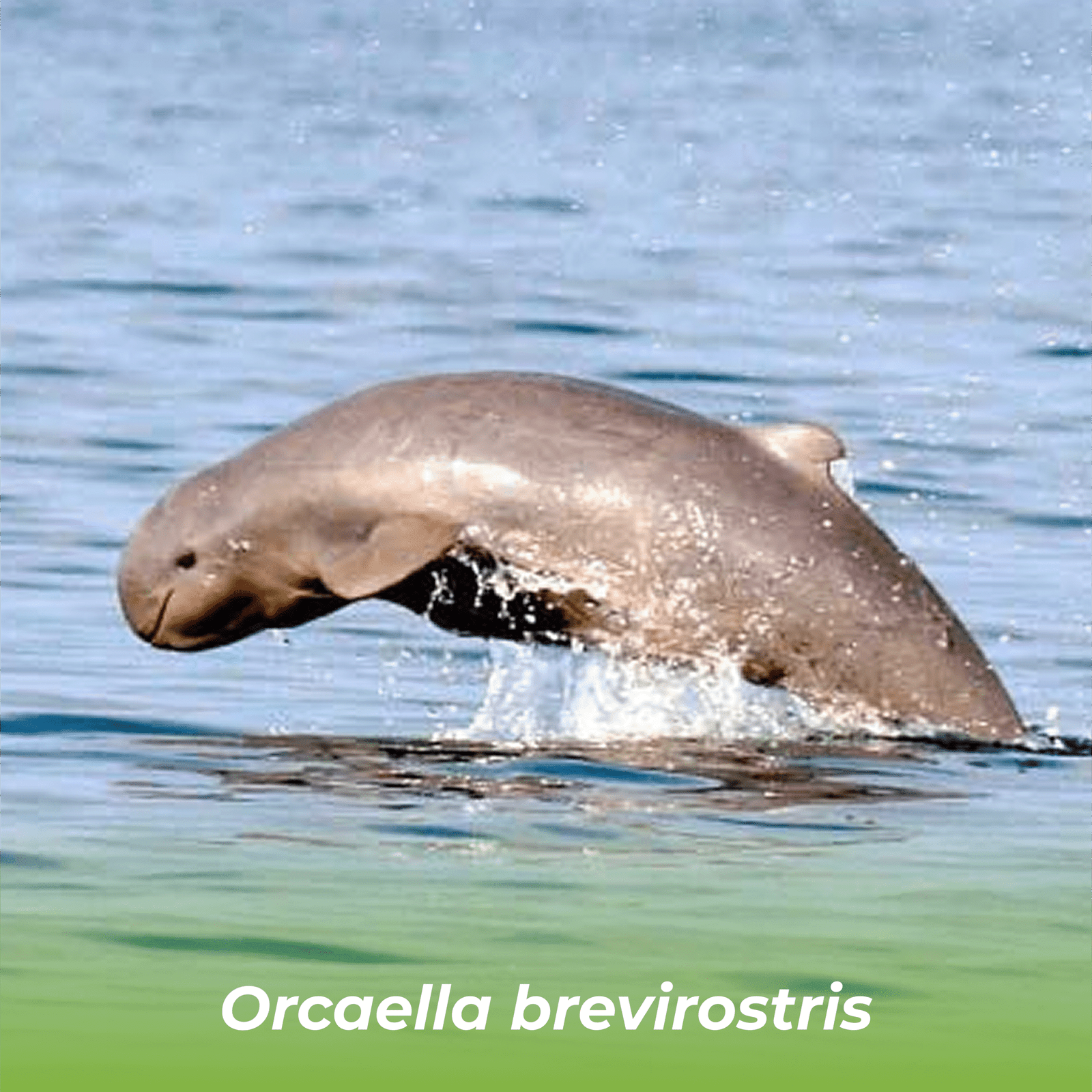
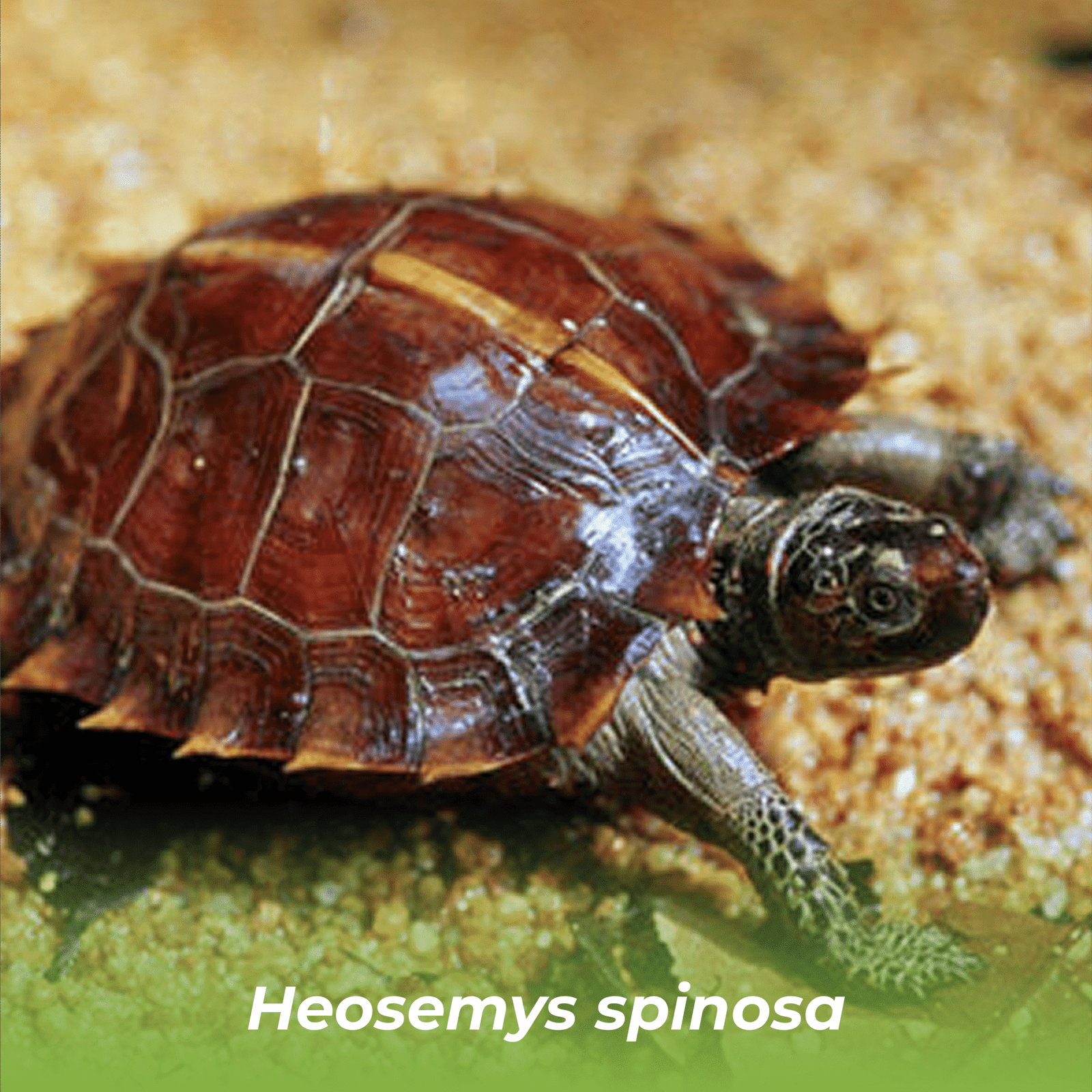
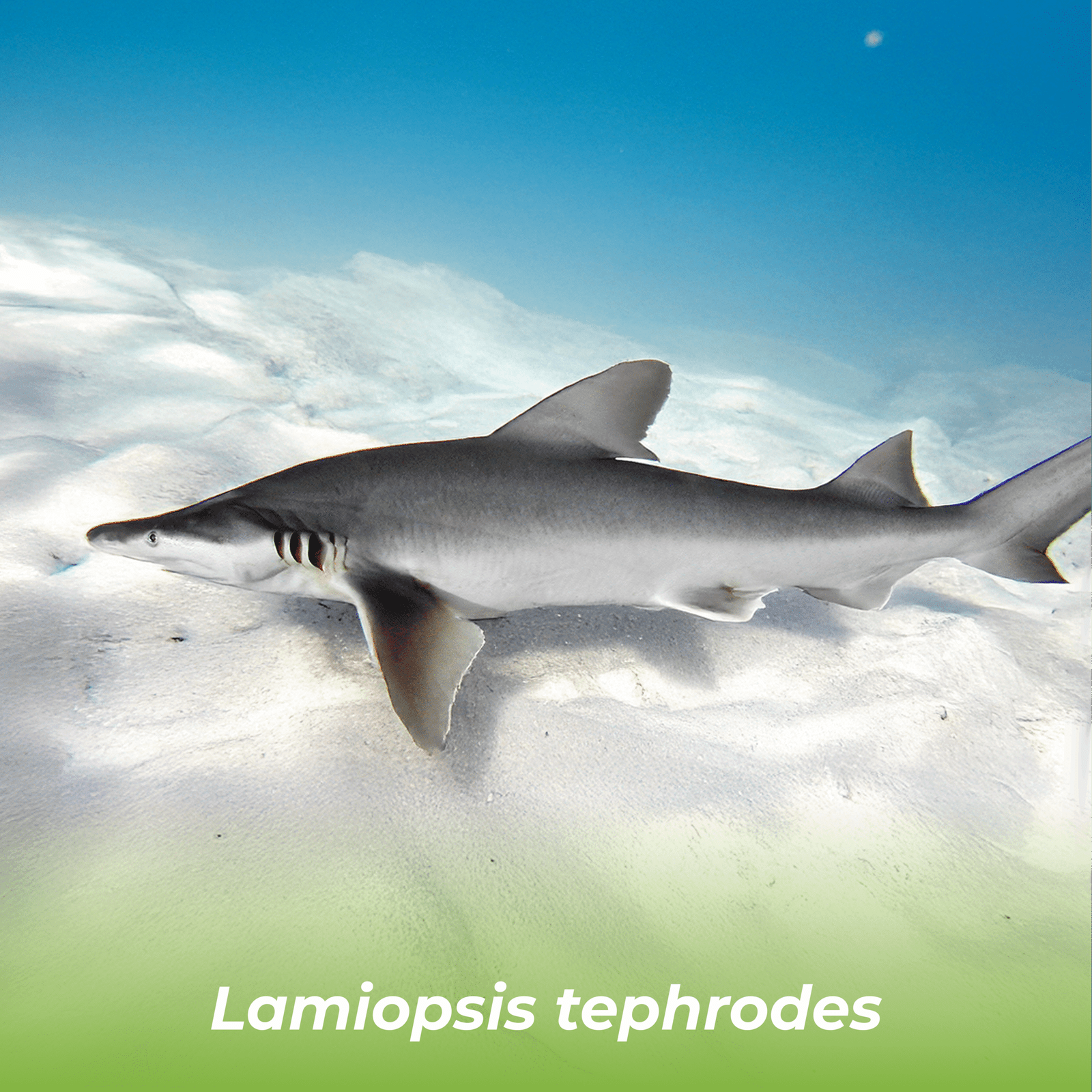

Stay In Touch